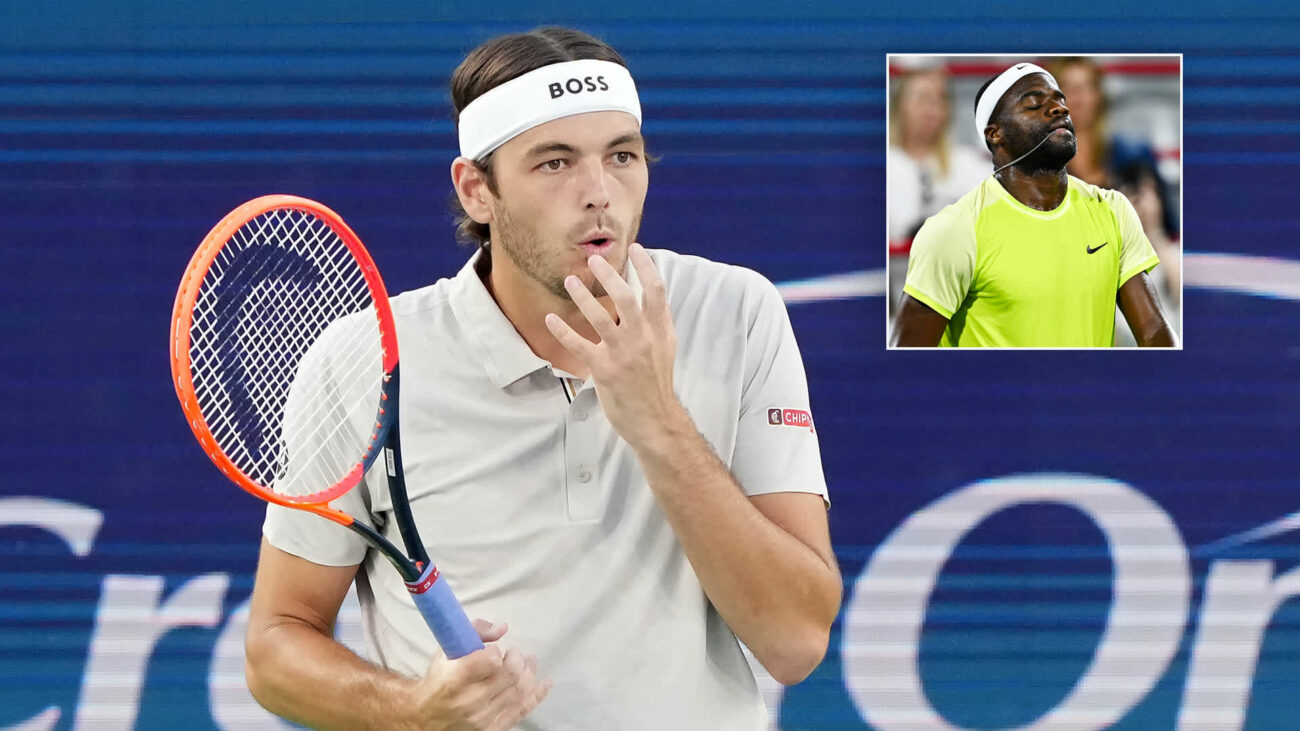ATP Tour Prioritizes Common Sense in Electronic Line-Calling Officiating
ATP Tour Updates Officiating Protocols After Electronic Line-Calling Malfunctions
The ATP Tour has swiftly addressed concerns raised by players regarding electronic line-calling malfunctions, implementing a new officiating update that prioritizes common sense. The decision comes after a series of incidents at the Omnium Banque Open in Montreal and the Cincinnati Open, where players were denied points due to late or incorrect calls by the Hawkeye system.
In a first-round match at the Cincinnati Open, Taylor Fritz and Brandon Nakashima were involved in a controversial incident where an automated “stop, stop” call halted a rally. Chair umpire Greg Allensworth initially granted a let, but later opted to replay the point after reviewing the screens and determining that a Nakashima ball earlier in the point was out. Fritz protested, arguing that the point should have been awarded to him since the ball was clearly out.
Similar incidents occurred at the Montreal Open, where Frances Tiafoe was denied a point in his first-round match against Alejandro Tabilo. Players took to social media to express their frustration, with Daniil Medvedev calling the decision “ridiculous” and Alex Michelsen questioning why the point was being replayed.
In response to the outcry, the ATP Tour conducted a thorough review of its protocols and issued an officiating update on Thursday. The update clarifies that if the Review Official determines during a rally that a ball was out earlier in the point (but was not called by the system), that decision will stand.
The decision has been met with applause from players, who feel that common sense has finally prevailed. Fritz praised the ATP Tour for “doing better,” while Ben Shelton emphasized the importance of relying on common sense in situations where the ball is clearly out but the automated call is delayed or absent.
The ATP Tour’s move to prioritize common sense in officiating is a positive step towards addressing the challenges posed by electronic line-calling. As the technology continues to evolve, it is crucial to ensure that it complements the game and does not create unnecessary confusion or controversy.

